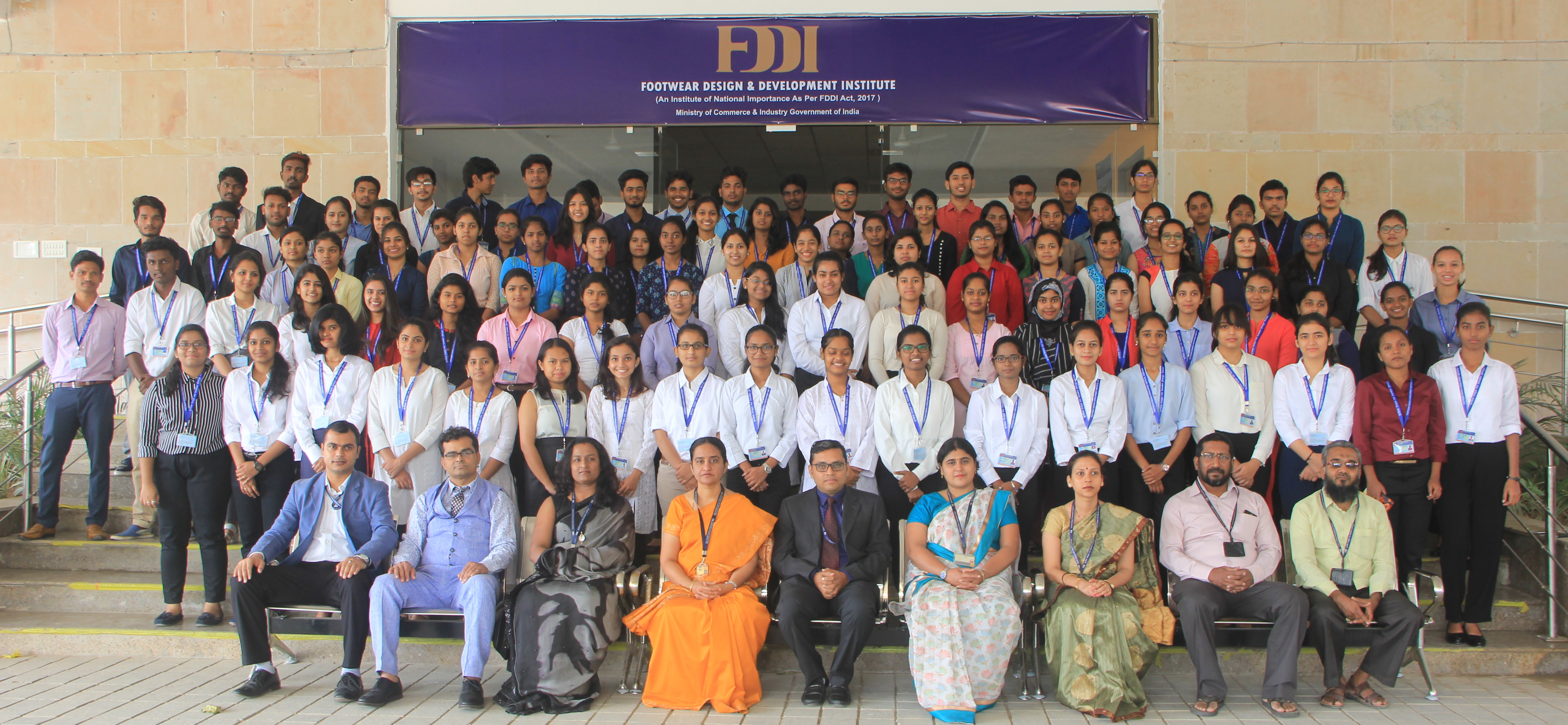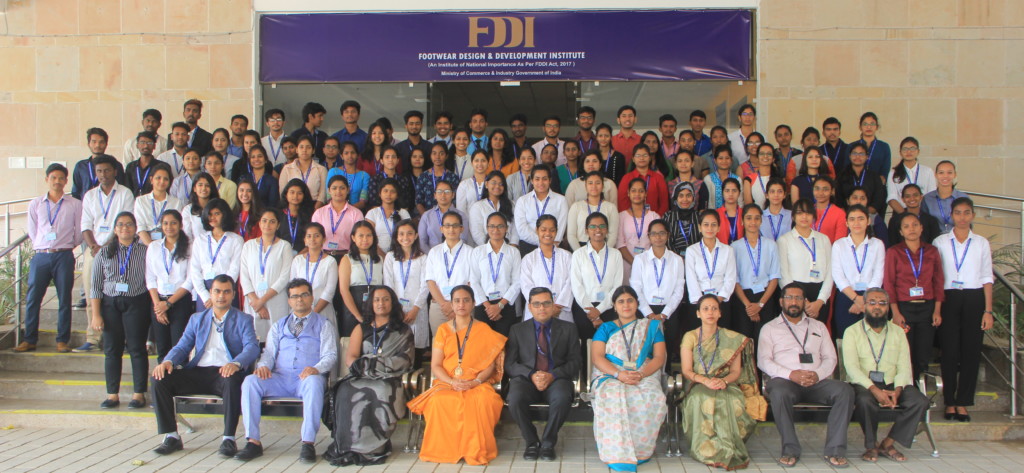



FDDI – Design Education in Leather Sector

 Author: Arun Kumar Gaikwad, Center-In Charge, FDDI, Hyderabad
Author: Arun Kumar Gaikwad, Center-In Charge, FDDI, Hyderabad
Leather industry has great potential for innovation in product design and development for catering to domestic and international markets. And, this is largely unexplored in our country! India needs many footwear and leather accessories designers who can cater to new markets by coming up with innovative designs that set the trend. We have mostly been following the trends from other countries and it is time we set standards and benchmarks in leather fashion and footwear. For example, a footwear boutique has good potential to attract discerning customers who value the craft and design and are willing to experiment. This can pave the way for more such endeavours from designers and leather fashion enthusiasts.
To create the right environment for entrepreneurship, leather crafts have to be positioned appropriately to recognize the manual effort and the craftsmanship. Many cobblers create products of high value but they are not linked with the market or shown a path to grow their business and earn substantially. With the rural markets catching up, we have a great need for a wide range of footwear and accessories using leather and non-leather materials, meeting the needs of urban and rural customers.
FDDI is geared towards preparing youth as job creators rather than mere job seekers in the leather industry. As a premier academic and training institution, FDDI is committed to the development and growth of footwear, leather products, retail and fashion merchandise. This is achieved by imparting industry-integrated education in order to make them employable and promote entrepreneurship. Alumni of FDDI are associated with the industry and academia in prestigious positions, impacting the sector with their expertise and experience.
 As a key stakeholder in the emerging leather ecosystem, our goal is to bring the industry and academia closer by facilitating continuous interaction between the students, the faculty and industry experts. The students are taught to appreciate manual work and many skills that go into creating a leather product along with how latest technologies have impacted the design and production processes.
As a key stakeholder in the emerging leather ecosystem, our goal is to bring the industry and academia closer by facilitating continuous interaction between the students, the faculty and industry experts. The students are taught to appreciate manual work and many skills that go into creating a leather product along with how latest technologies have impacted the design and production processes.
We provide foundation course in the first year of B.Des to sensitize students to different aspects of leather, its uses along with principles of design and visualization. Later, the students are introduced to mass production process, CAD, use of advanced technology in cutting, stitching, quality testing, marketing, pricing and so on. Factory visits are an integral part of the curriculum where in the students are required to spend considerable time on the shop floor to appreciate various skills.
After completion of the course, our students have many options to choose for their careers. They can start on their own and launch their own enterprise. They can take up jobs in the leather industry as designers or in retailing, auditing and sourcing. There are many new job roles coming up in e-commerce that demand formal qualification in merchandising with domain knowledge in leather. We encourage them to explore the entrepreneurial route since this can bring out the best in them as designers. Of course, it still remains a challenge to attract the youth to this sector since they face a lot of parental pressure to tread the known career paths and design education in leather is yet to gain popularity. Hence, one of our focus areas is to create awareness about the jobs in this sector and evangelize about the benefits of entering an industry that provides an opportunity to combine their creative zest with commercial success.